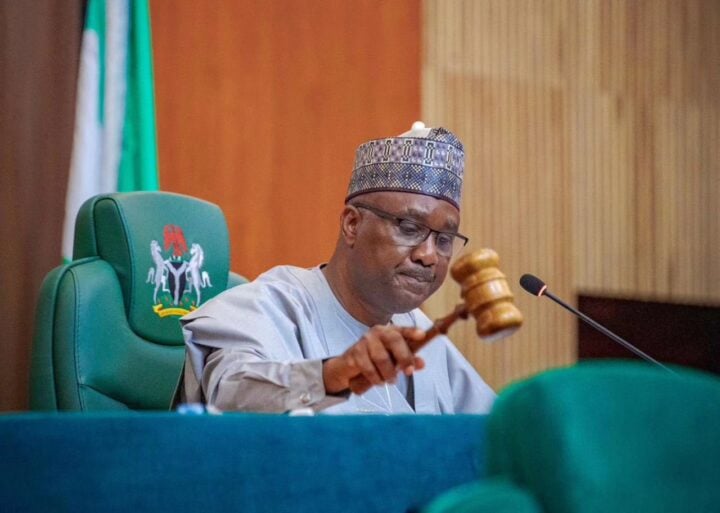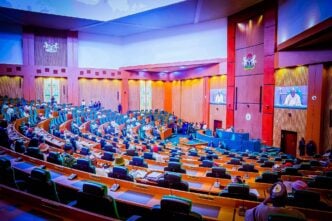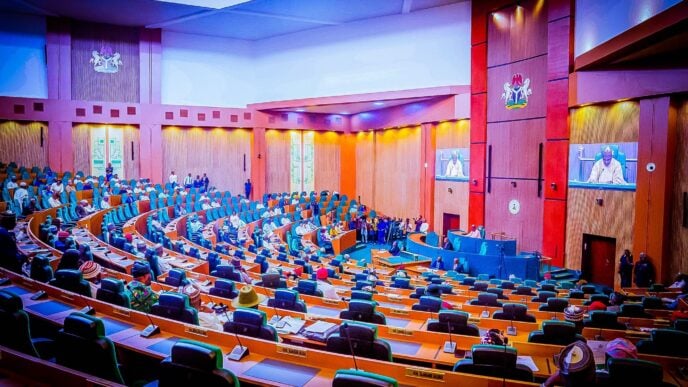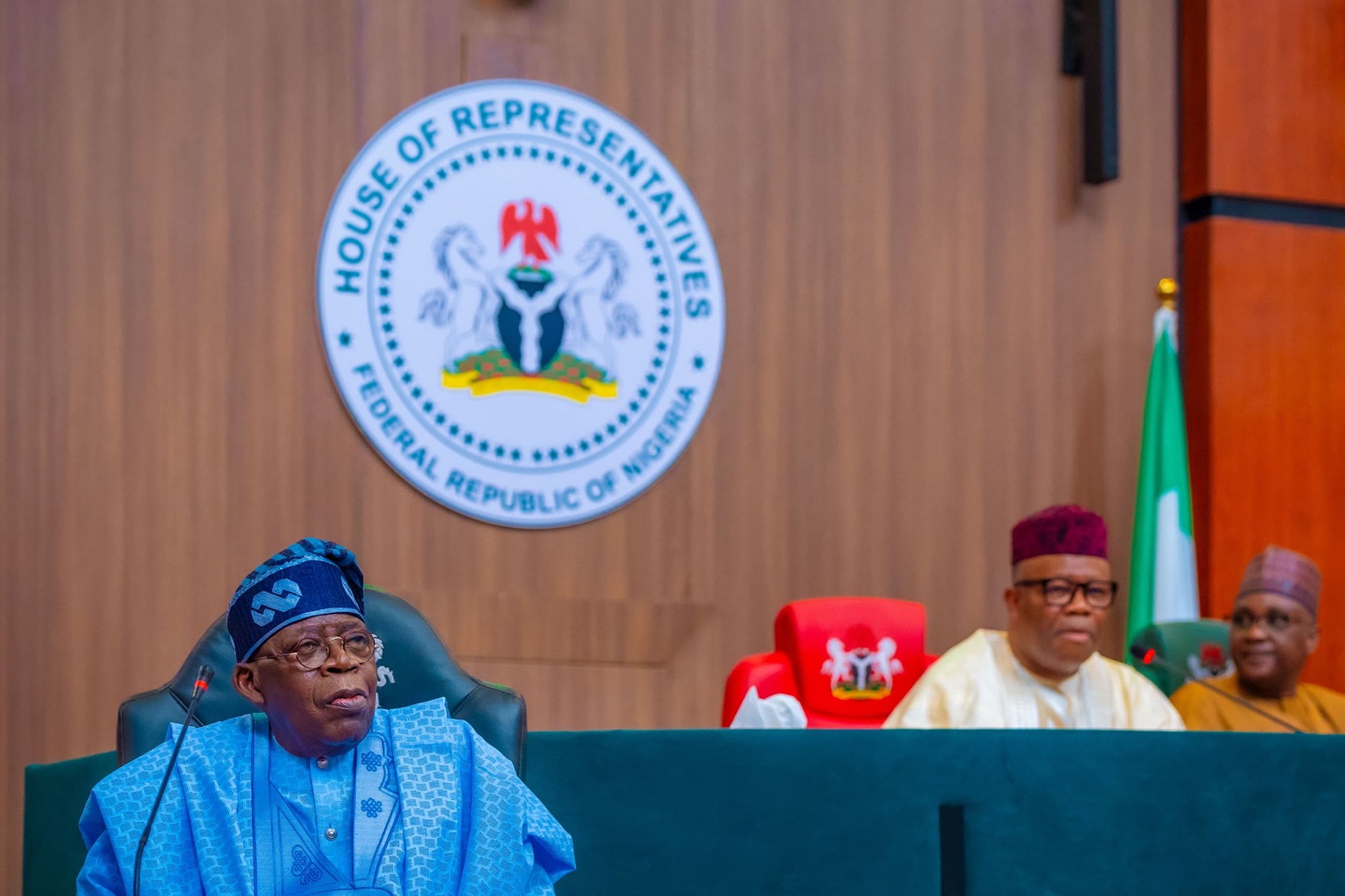Tajudeen Abass, speaker of the house of representatives
Tajudeen Abbas, speaker of the house of representatives, says the constitution review committee will focus on reforms that promote gender equity.
Abbas spoke on Monday at the international legislative dialogue on women and the constitution amendment process organised by the house of representatives.
The national assembly is currently in the process of amending the 1999 constitution.
In the 8th assembly, some gender bills, including one that sought to create special seats for women in the legislative chambers, were rejected.
Advertisement
The bill has been reintroduced in the house of representatives and has passed the second reading.
The speaker said empowering women is “not only a moral and democratic imperative but also a strategic economic necessity”.
Abbas said women “bring unique perspectives, influencing vital issues” from healthcare to economic policy.
Advertisement
He said globally, particularly in Africa, there are “encouraging examples” of gender inclusion.
“Rwanda, with over 60 percent women representation in its parliament, has shown us that robust, intentional policies work,” Abbas said.
“South Africa, Namibia, and Senegal have all taken significant strides toward inclusivity, reshaping their political landscapes in ways Nigeria can learn from.
“These countries have demonstrated the profound impact of women’s perspectives on governance and development.
Advertisement
“For Nigeria, the current numbers are disheartening. Since 1999, women’s representation in our national assembly has remained disappointingly low.
“Despite notable contributions from Nigerian women across various sectors, only 20 of the 469 seats in our national assembly are occupied by women.
“This stark gap speaks not of a lack of capable women but of institutional barriers we must dismantle.
“Some view increased women’s representation as a threat to the status quo. But, ladies and gentlemen, inclusion is not displacement — it is partnership. Women’s presence complements the contributions of men, enriching the policy-making process.
Advertisement
“If we trust women to shape our homes, nurture our families, and educate our children, we must trust them to contribute to shaping our nation’s future.
“Furthermore, affirmative action policies to increase women’s representation are not undemocratic. On the contrary, they are deeply aligned with democratic principles.
Advertisement
“As lawmakers, we are responsible for advancing policies that reflect the values of fairness and equity. I am proud to state that this 10th house has prioritised inclusivity in our legislative agenda.
“I have directed the constitution review committee to focus on reforms that promote gender equity and provide additional or reserved seats for women in our legislative bodies.
Advertisement
“We must work towards joint ticketing in elections, reserved seats, and conferring equal citizenship rights to foreigners married to Nigerian women.”
Abbas asked Remi Tinubu, the first lady, to lead an advocacy campaign across the 36 states of the federation by engaging governors, state houses of assembly, and other stakeholders to support the proposed gender equity reform.
Advertisement
Benjamin Kalu, deputy speaker of the house of representatives, said women’s inclusion in politics should be seen as a direct investment in Nigeria’s future.
He said countries with higher women’s representation in governance “consistently show higher rates of progress” in health, education, and economic stability.
“Our society, therefore, stands to gain immensely from a legislature that reflects the diverse makeup of its citizenry and values contributions from all perspectives,” Kalu said.
Zissimos Vergos, deputy ambassador of the European Union (EU) delegation to Nigeria and Economic Community of West Africa States (ECOWAS), said prioritising women’s political participation and representation is crucial for Nigeria’s growth to fast-track the nation’s progress toward the 2030 sustainable development goals (SDGs).
“The active participation of women at all levels of decision-making and politics is essential to the achievement of equality, sustainable development, peace, and democracy,” Vergos said.
“Women’s equal participation in power and decision-making roles is part of their fundamental right to participate in political life and sits at the core of gender equality and women’s empowerment.”
Add a comment









